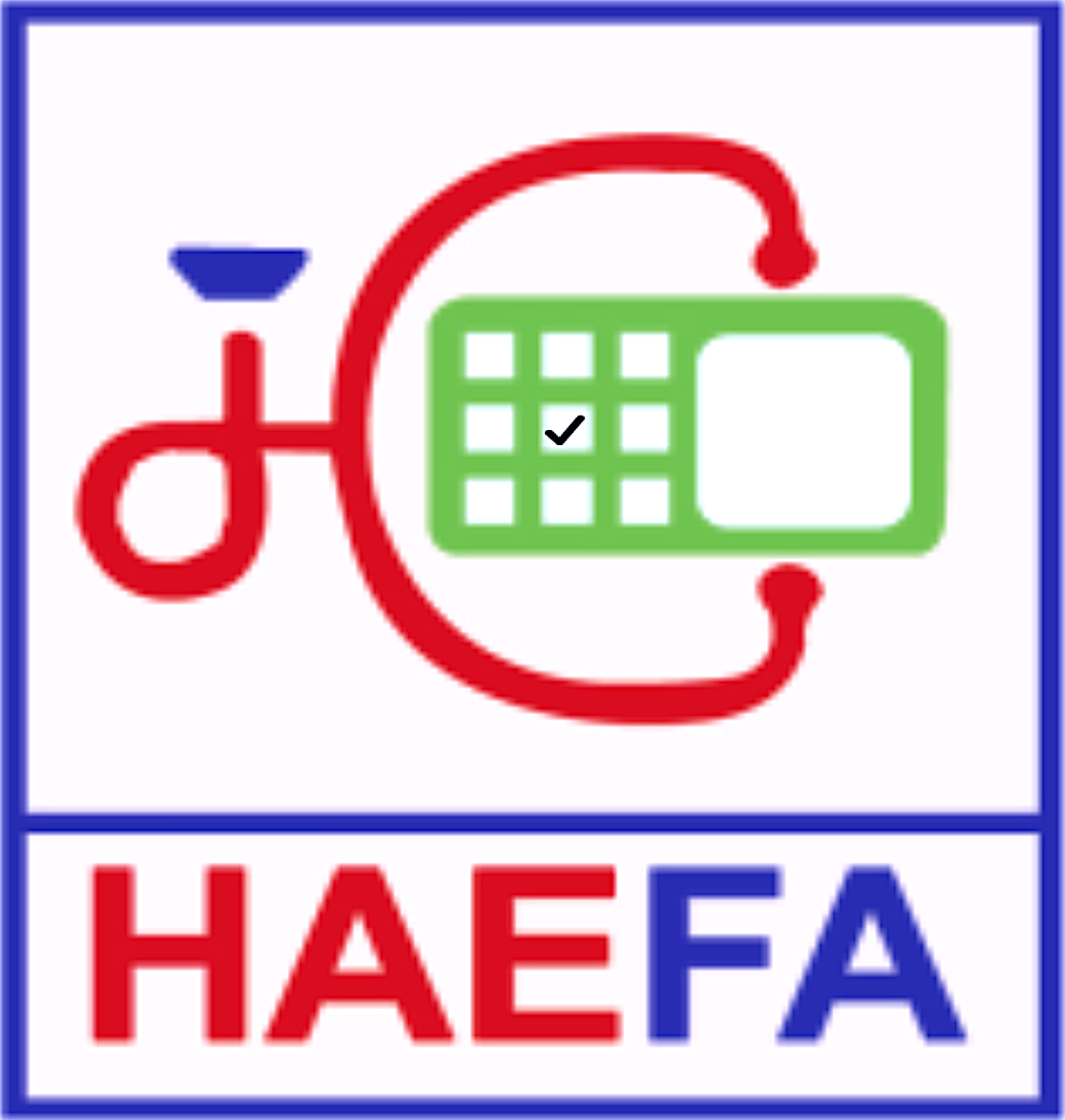In honor of International Women’s Day, HAEFA would like to highlight the incredible team of female physicians and community facilitators working on Cervical Cancer Screening. This program is advancing women’s health, promoting equality, and saving lives.
The physician team. Left to right: Dr. Farah Naz, Dr. Rubaiya Shafrin, Dr. Rituproma debnath, Dr. Tasnim Jahan, Dr. Chitralekha Kar, Dr. Arpa Mollik, Dr. Nishita Paul. Not pictured: Dr. Zerin Tasnova
Overview
Cervical cancer is a significant global health concern, including in Bangladesh, where it leads to the death of approximately 6,000 women each year. Early detection can prevent this disease, but a lack of public knowledge and screening contributes to its high prevalence in the country.
In 2020, the district of Cox’s Bazar had little to no infrastructure dedicated to cervical cancer screening. Thanks to HAEFA’s efforts, free Visual Inspection by Acetic Acid (VIA) screening has now been established across every Upazila (sub-district) in Cox’s Bazar, each staffed with one medical officer (featured above) and three community facilitators.
“Wherever you go, you can find a facility with a VIA center.”
- Dr. Chitralekha Kar
Furthermore, HAEFA is committed to increasing accessibility. While VIA screening is available at the Upazila Health complexes, many women are unable to travel there due to time and resource limitations. Therefore, HEAFA implements VIA camps at the 66 community clinics in Cox’s Bazar, targeting rural and underserved populations. At each camp, up to one hundred women can be screened.
Women wait to be screened at Matabar Para Community Clinic
Overcoming Challenges
While incredible progress has been made in improving women’s health the project still faces certain challenges. The physicians state that cultural barriers and misconceptions are the biggest obstacles, as well as implementing HAEFA’s single visit “See-and-Treat method” which consists of VIA screening and thermocoagulation if the VIA is positive.
“Women's health is still neglected. Most of the women need their husband’s permission to come to the hospital. Even if they come to the hospital, they can’t freely do any kind of investigation, even VIA which we provide free of charge. For example, after we counsel them they say, let me talk with my in-laws. If they permit me I will come again.”
- Dr. Rubaiya Shafrin
“As now we are doing see-and-treat, many do not want to do thermocoagulation, just because of cultural beliefs and their husband's beliefs. They fear they won't be able to have children or there will be some problem in their sexual life, and that’s the primary thing for which their husband needs them.”
- Dr. Chitralekha kar
The physicians also note personal experiences navigating sexism and discrimination as a doctor.
“It’s a common practice in our country to call us nurses. I am the team leader, but the person responsible for the community clinic asked me, who is the person in charge? I want to talk to him. When I tried to talk with him, his reply was simple, he said I want to talk with the male member of your team. That's it.
- Dr. Rubaiya Shafrin
Our Impact
Despite these challenges, these physicians showcase their dedication and resilience by continuing to serve patients every day.
“We can proudly say that the total 8 of the upazilas are doing their screening every single day. It’s free for all, open for all, no matter if you are Bangladeshi or FDMN.
- Dr. Rubaiya Shafrin
“[Our patients] were diagnosed with cervical cancer and now they are cancer free. This is a great achievement.”
- Dr. Tasnim Toma
“When you see moms bringing their daughters to get the Cervical cancer (HPV) vaccine, it feels good that we are working not only to detect the cancer, but we are also preventing it, creating a generation based awareness of which maybe we will see the effect in the near future.”
- Dr. Rubaiya Shafrin
A mother attends a VIA camp at her community clinic
HAEFA is creating generation based awareness to prevent cervical cancer in the future
The author would also like to recognize Dr. Nilufar Parveen who oversees the program as the National Clinical Coordinator, Dr. Susan Cu-Uvin who spearheaded the program, and the many community facilitators who are the key members of the program, working within the community to raise awareness, empower individuals, and bridge healthcare gaps.
Additionally, in honor of International Women’s Day, we would like to recognize all the women who work and support HAEFA - we could not do it without you.
HGSP all team meeting





